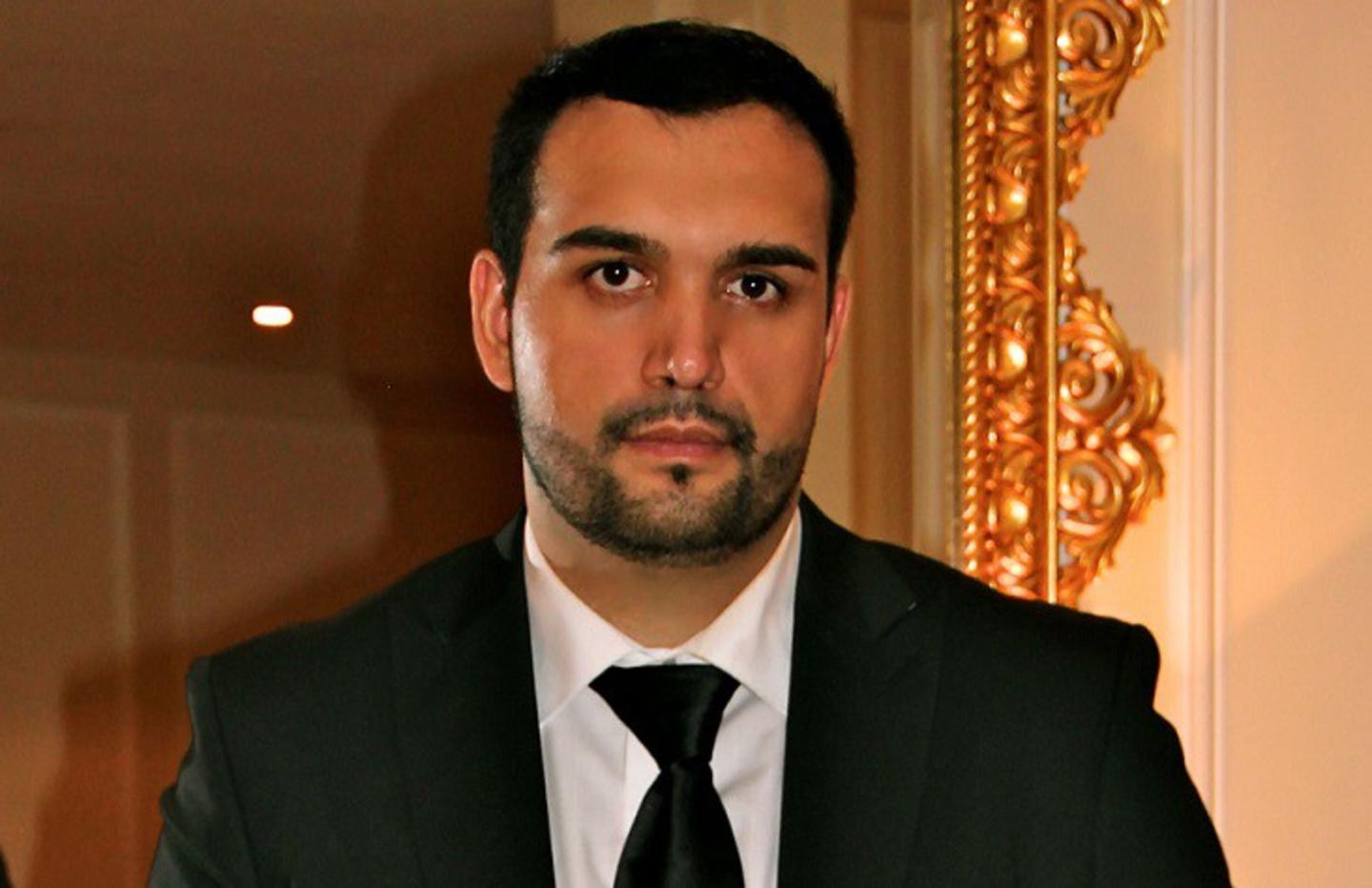There are more than 2 500 Roma people in Lithuania. Data from the Lithuanian Social Research Centre show that the number of people who do not want a Roma neighbour has steadily increased over recent years with more than a third of Lithuanians saying their view of Roma people has worsened during the last five years.
The EU’s Agency for Fundamental Rights Agency (FRA) and United Nations Development Programme (UNDP) report on Roma communities showed that the Roma community face prejudice, intolerance, discrimination and social exclusion in their daily lives. It also found that more than 90% lived below the poverty line.
NGO Network for Empowerment
The project ‘NGO Network for the Empowerment of the Roma Community,’ is funded by Iceland, Liechtenstein and Norway through the EEA Grants NGO programme in Lithuania. The project has brought 19 organisations that represent Roma people together to improve their administrative capacity and give them a stronger and more coherent voice in the decision-making process.
“The project allowed us to meet representatives from different ministries and local municipalities, to get a better understanding of local decision-making. The EEA grant allowed us to invite an expert on these issues - Mrs Marta Marczis - to share her knowledge and experience from other European countries with Roma populations,” adds Romualda.
Ishtvan
Ishtvan Kvik is the leader of ‘Sare Roma’, a group of 11 artists. He is very much part of Lithuania’s cultural scene, having run his business for more than 20 years. Ishtvan is a member of the Roma council and is one of a new generation of leaders who acts as a role model and who isn’t afraid to confront negative stereotypes:
“The most painful experience is when children grow up suffering from such stereotypes. Not a single person on Earth can choose where to be born. I am lucky to have a family and a business. However, I am concerned about all Romas who live in Lithuania.”
Roma traditions and culture are of great importance to Ishtvan and his family, but this has not stopped him from becoming integrated in the wider Lithuanian community. He is proud that his family have been able to find work in difficult economic times and that his children are studying. His son stuides Business Management and Political Studies at the Vilnius Gediminas Technical University and his daughter has just graduated from high school and hopes to go on to study psychology. Ishtvan is living proof that Roma people do not choose to be isolated, but do face significant barriers.
Media
The project organised a discussion with the media in the ‘Journalists House’, the discussion was centred on how the media can do more to combat negative stereotypes. Coverage following the discussion included an interview with Ishtvan in the weekly magazine ‘Savaite’, entitled ‘I am not guilty, that I am born as a Roma’, and he was also invited to speak on national radio.
Aflatoun
Another element of the project introduces the ‘Aflatoun methodology’, which helps children to learn about themselves, their rights and responsibilities. The Aflatoun Programme also introduces basic financial understanding and teaches children about saving, budgeting and enterprise.
Read more about NGO Network for the Empowerment of the Roma Community
Read more about the Aflatoun programme
